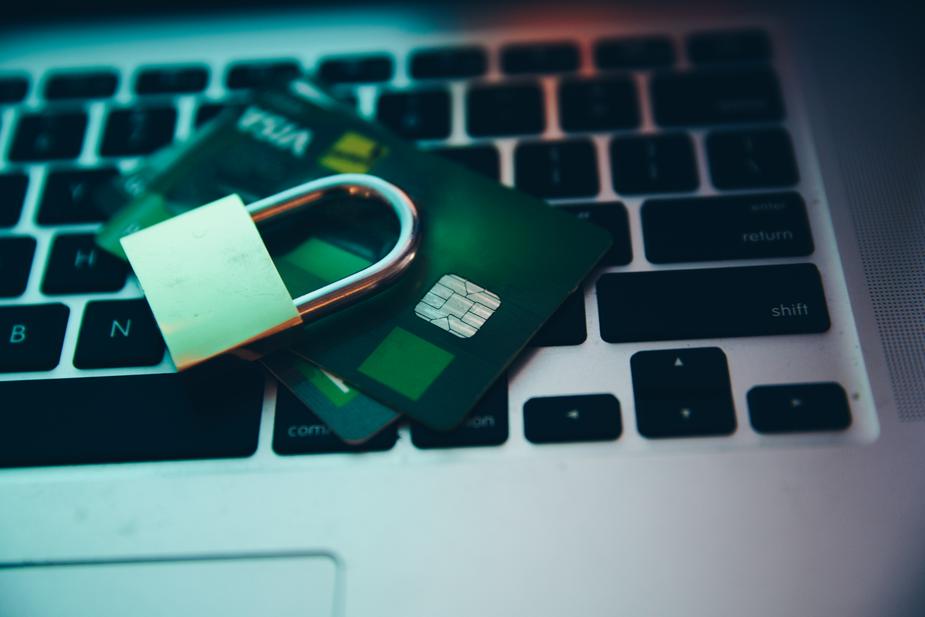Have you or someone you know been a victim of debit card fraud? If you have, then you know it can be a nerve-racking experience. Luckily, we are here to help!
Debit card fraud is more and more common with consumers limiting their use of cash in favor of using debit cards. In fact, this preference of using plastic cards over cash is directly linked to the increase of debit card fraud.
What Is Debit Card Fraud?
There are multiple ways consumers can be affected by debit card fraud. The common problem is thieves gaining access to your debit card number or account. They can then use that information to steal money or make purchases.
Below are some ways you could be affected by fraud:
- You unknowingly use a gas pump or ATM with a skimmer on the card reader, giving thieves the ability to duplicate your card.
- There is a data breach at a retailer or online merchant you buy from. Hackers are able to obtain your personal information and card number to make online purchases.
- You click on a link in an email that connects you to a fraudulent website, giving thieves access to your personal information.
- You unknowingly load your card information to an untrustworthy website opening your account to fraudulent charges.
- Unchecked debit card fraud can lead to hefty overdraft fees and make it difficult for you to pay your bills.

How To Prevent Debit Card Fraud
Cyber-thieves are becoming savvier every day when it comes to fraud.
Including a couple of simple steps in your daily routine can help prevent you from becoming a victim.
- Check your account activity on a regular bases. Keeping a close eye on your transactions and balances can alert you to suspicious activity before it gets out of hand.
- Be cautious with online shopping. Make sure you only purchase products online from a trusted merchant or website. Also, consider using a credit card for online purchases versus your debit card to keep your hard earned money safe.
- Avoid phishing scams. These scams generally come in the form of emails or letters pretending to be retailers, banks, or the IRS. If you question the information, make sure to call the sender. Look the number up on their official website or the phone book. Never call the number provided in the email or letter.
- Don’t provide any personal information unless you made contact first. A legitimate business will not ask you for your debit card number or personal information if they called you.
- If it seems too good to be true, it probably is. Have you ever received a check in the mail you weren’t expecting or someone offered to pay you more for an item you were selling, with the stipulation you send money back? This is a common fraud tactic that takes advantage of people’s trust.
- Stay Vigilant to Prevent Debit Card Fraud
You can never go wrong calling CFCCU if you question activity on your account. We are here to help keep your money safe. If you don’t take debit card fraud seriously, card thieves will – at your expense.
Go check out our last post for Mobile Banking Safety Tips!


